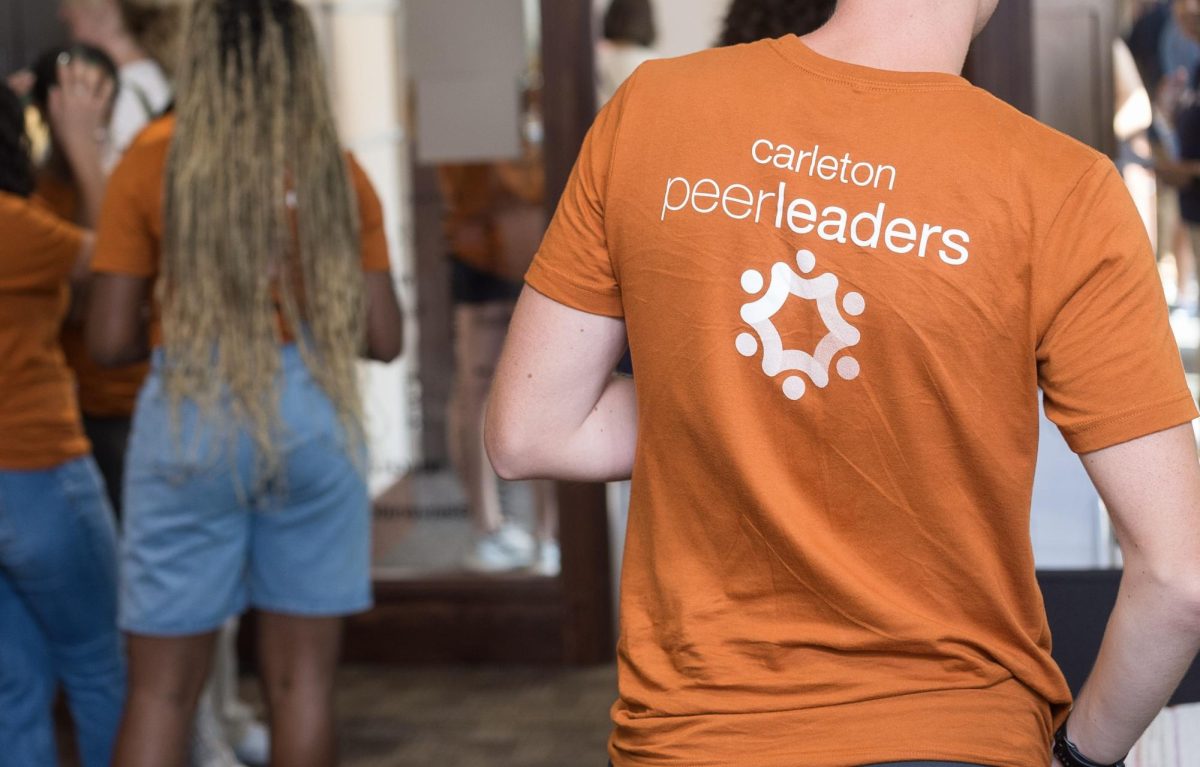Let me tell you about a TV show I just watched. A woman — Joan — feels she has no talents. She is a mother and school administrator but feels like she has nothing to show to the world. But then, encouraged by a group of women, she takes the stage in a talent show on live television, reading a heartfelt poem about her anxieties regarding love to all of America. She walks off of the stage feeling confident and ready to take on the world. Where could this enlightened, heartwarming piece of television speaking to the insecurities of middle-class mothers come from? Is it an episode of “This Is Us” or “Abbot Elementary?” No. As you’ve probably guessed from the title of this article, this was, in fact, an episode of “The Golden Bachelor.” This moment, in the episode “Week 3,” was when I started thinking about “The Golden Bachelor” as not just as a stunt, but as a piece of media that, for good or ill, has a lot to say about aging in America.
My friends and I have been gathering to watch “The Golden Bachelor” weekly since it premiered on Sept. 29, 2023. “The Golden Bachelor,” the latest spinoff of “The Bachelor” franchise, features contestants over 60. I started viewing it as most Carleton students would — jaded, lampoon aimed firmly at both the contestants and their audience. But while watching “Week 3,” I found myself genuinely won over by these women. Their rehearsals and performances at the talent show showed not a bunch of silicon bimbos who happened to be over 60, but a group of gifted, engaging, bright, funny people. Sandra, a 75-year-old retired executive assistant, told dirty jokes. Susan, from Aston, Pennsylvania, did karate. It was then that the show started to come alive for me, when I started to enjoy seeing these women live their lives, albeit a highly filtered version of them.
But the camera kept cutting back to the man at the other side of the table, laughing at them, taking notes and waiting to judge who was worthy of his favor. In fact, it seems like every moment on the show goes back to the show’s leading man: 72-year-old Gerry Turner, who looks like Ken after 50 years in a tanning bed. When the women talk, it’s always about Gerry. Every time the women drink together, they toast: “To Gerry!” I supposed that I shouldn’t be surprised that “The Golden Bachelor” doesn’t pass the Bechdel Test — the show is openly about finding love with a man, and I imagine the male contestants on “The Bachelorette” mostly talk about a woman. But it still feels off to me to see a group of women who have lived full lives outside of a TV screen reduced to the possibility of filling a hole in a man’s life. However much the show tries to humanize these people — by letting them show off their talents, by introducing us to their families — everything comes back to The Bachelor, capital T, capital B.
Furthermore, it’s not like these women — real as they are — truly reflect the reality of women over 60. Of the 22 contestants, none appear to be over a size six. The only plus-size woman on the show was Concetta Potenza, Jimmy Kimmel’s aunt, who appeared on the premiere episode as a comic-relief gag contestant and was immediately eliminated. Nor do any of them have a visible disability, despite 36% of Americans over 60 having at least one disability. And all women of color featured on the season premiere were eliminated by “Week 5.” Reality TV is not the census, and the aesthetic preferences of one man from Indiana do not have to reflect the nation’s population. But this clashes with the show’s expressed goal to show that “it’s never too late to find love,” and that those over 60 can do anything that their younger counterparts can. When I look at the contestants of “The Golden Bachelor,” I see no one that resembles my grandmother. What “The Golden Bachelor” tells its over-60 audience is, as the New York Times’s Mireille Silcoff writes, “they will be vital and relevant mostly insofar as they have maintained arms like Jessica Biel and off-the-chart libidos.”
There is one moment where the facade seems to crack and the Botox walls come-a-tumblin’ down. For in “Week 3,” Joan wins the talent show that she rehearsed so hard for and gets a one-on-one date, where (or so we are meant to believe through reality TV’s Vaselined lens) real feelings develop between her and Gerry. Both go home elated and excited for what is to come. But the next day, Joan receives an emotional message from her daughter, who has recently had a baby. It reduces her to tears. As soon as she walks into the room, the other contestants notice that she’s crying. When they find out the reason why, Joan soon finds herself engulfed with the sympathy of other mothers. She tells Gerry that, although she’s excited about their new relationship, she needs to “go home and be a mom.” That moment showed me more about aging in America — what my parents and grandparents go through every day — than the other four hours of the show combined. So watch “The Golden Bachelor,” if you want. It’s on ABC at 7 p.m.













